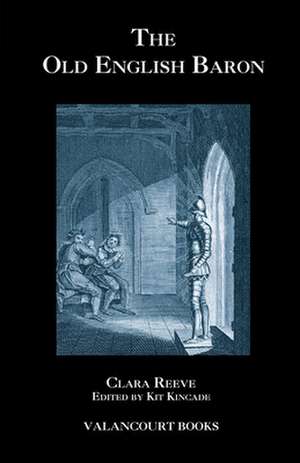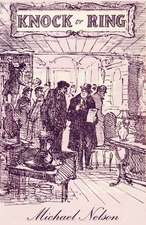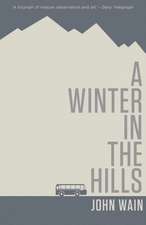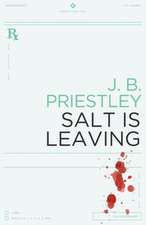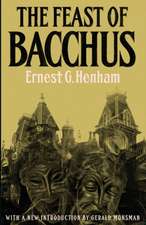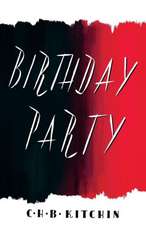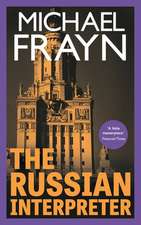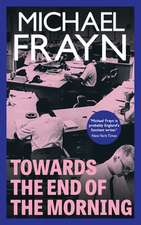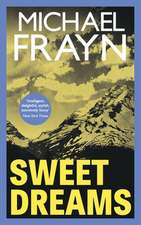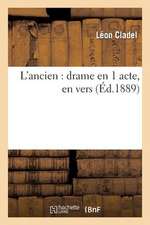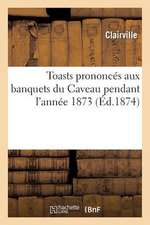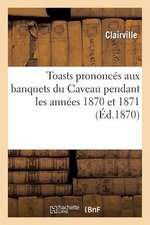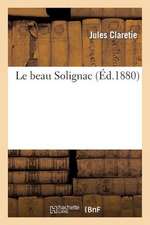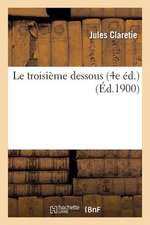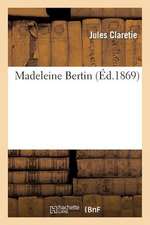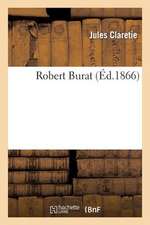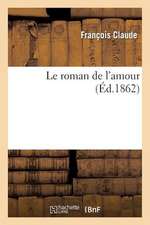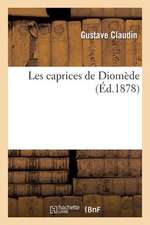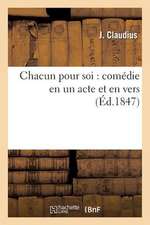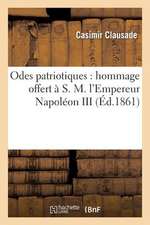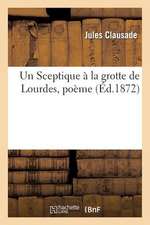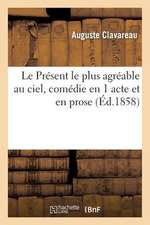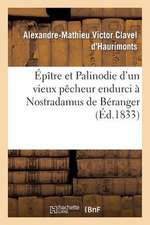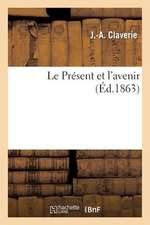The Old English Baron: A Gothic Story, with Edmond, Orphan of the Castle
Autor Clara Reeve, John Broster Editat de Kit Kincadeen Limba Engleză Paperback – 31 oct 2009
The second major Gothic novel, following Horace Walpole's The Castle of Otranto (1764), and the first written by a woman, The Old English Baron was extremely popular upon its initial publication and has rarely been out of print. This new edition includes the unabridged text of the original 1778 edition, along with reproductions of its title page and frontispiece, and features a new introduction and notes by Kit Kincade. Also included in this edition is the complete text of John Broster's scarce 1799 dramatic adaptation of the novel, Edmond, Orphan of the Castle, never before republished.
Preț: 152.25 lei
Nou
Puncte Express: 228
Preț estimativ în valută:
29.13€ • 30.64$ • 24.07£
29.13€ • 30.64$ • 24.07£
Carte tipărită la comandă
Livrare economică 17 aprilie-01 mai
Preluare comenzi: 021 569.72.76
Specificații
ISBN-13: 9781934555521
ISBN-10: 1934555525
Pagini: 270
Dimensiuni: 140 x 216 x 15 mm
Greutate: 0.29 kg
Editura: Valancourt Books
ISBN-10: 1934555525
Pagini: 270
Dimensiuni: 140 x 216 x 15 mm
Greutate: 0.29 kg
Editura: Valancourt Books
Notă biografică
Clara Reeve (1729-1807) was an English author and pioneering figure in the development of the gothic novel. Known as the 'Mother of the Gothic', her influential work 'The Old English Baron' set the foundation for the genre with its blend of mystery, romance, and supernatural elements. Published in 1777, her novel was inspired by and sought to emulate the style of Horace Walpole's 'The Castle of Otranto'. Reeve's contributions to gothic fiction extended beyond her own writings, as she also wrote critical essays that examined the genre's themes, tropes, and literary techniques.
